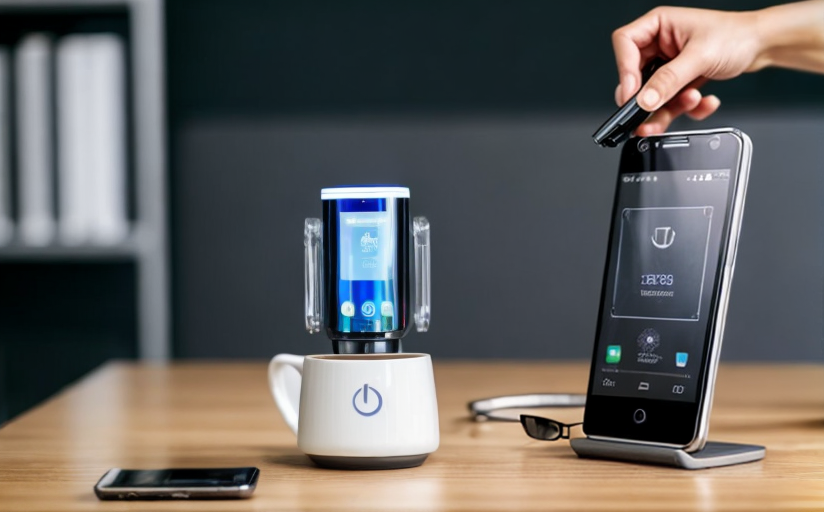The Impact of Artificial Intelligence on Everyday Life
Introduction to Artificial Intelligence
Artificial Intelligence (AI), a term coined by John McCarthy in 1956, refers to the simulation of human intelligence processes by machines, especially computer systems. These processes include learning, reasoning, problem-solving, perception, and language understanding. Today, AI has grown tremendously, exhibiting capabilities such as image and voice recognition, language translation, autonomous vehicles and even diagnosing diseases.
Influence of AI on Daily Life
AI permeates every aspect our daily lives. It's in our smartphones, powering the voice assistants like Siri and Google Assistant. It’s in our homes, making appliances smarter and more energy efficient, and it is integral to many workplaces and industries, ranging from manufacturing to customer service. Architectures like AI machine learning algorithms predict what customers want even before they know it and streamline the purchase process.
Positive Impact of AI on Everyday Life
The positives of AI are multifaceted - AI automates repetitive tasks, freeing up time for more cognitively demanding jobs. It improves efficiency by speeding up processes and reducing human error. AI makes predictive analyses possible, spotting trends and behavior patterns. Further, the aspect of personalization, such as personalized learning regimes in education and personalized content in the digital media, enhances user experiences.
Negative Aspects of Artificial Intelligence
Despite its numerous benefits, AI also raises many concerns. Privacy issues are prominent, as vast amounts of data are collected and used by AI systems, often without the user's explicit consent. There are fears about job displacements due to automation, particularly in manufacturing and administrative roles. Ethical considerations are also pertinent - for example, if an AI makes a decision that harms humans, who is responsible? These are questions society needs to address as AI continues to thrive.
Applications of AI across Sectors
AI manifests itself through numerous applications across different sectors. In healthcare, AI algorithms are used to detect diseases like cancer more accurately and at earlier stages. In education, AI platforms offer personalised learning experiences and automated admin tasks. In transportation, AI powers autonomous vehicles and optimises logistics. In the entertainment industry, AI algorithms are utilised to curate personalised recommendations based on viewing history and preferences.
The Future Potential of Artificial Intelligence
As the world progresses, we can anticipate advancements in AI capabilities that may further alter our daily lives. These include highly skilled AI that can perform more complex tasks, full adoption of autonomous vehicles on roads, or more advanced AI assistants that can understand and meet our needs better. No matter the progression, it is crucial for conversations around the ethical use and legislation of AI to keep pace.



















Comments
Leave a Comment